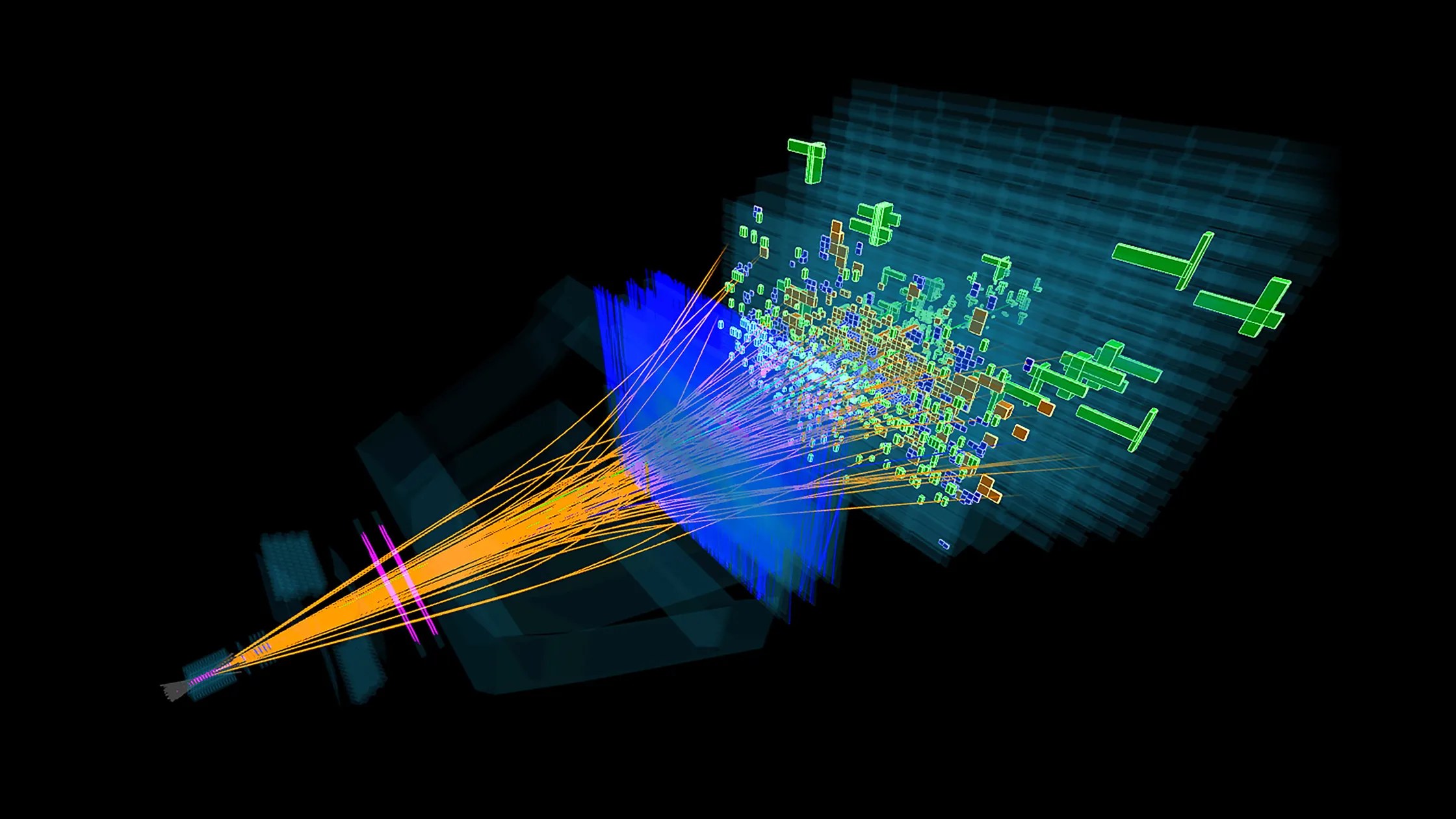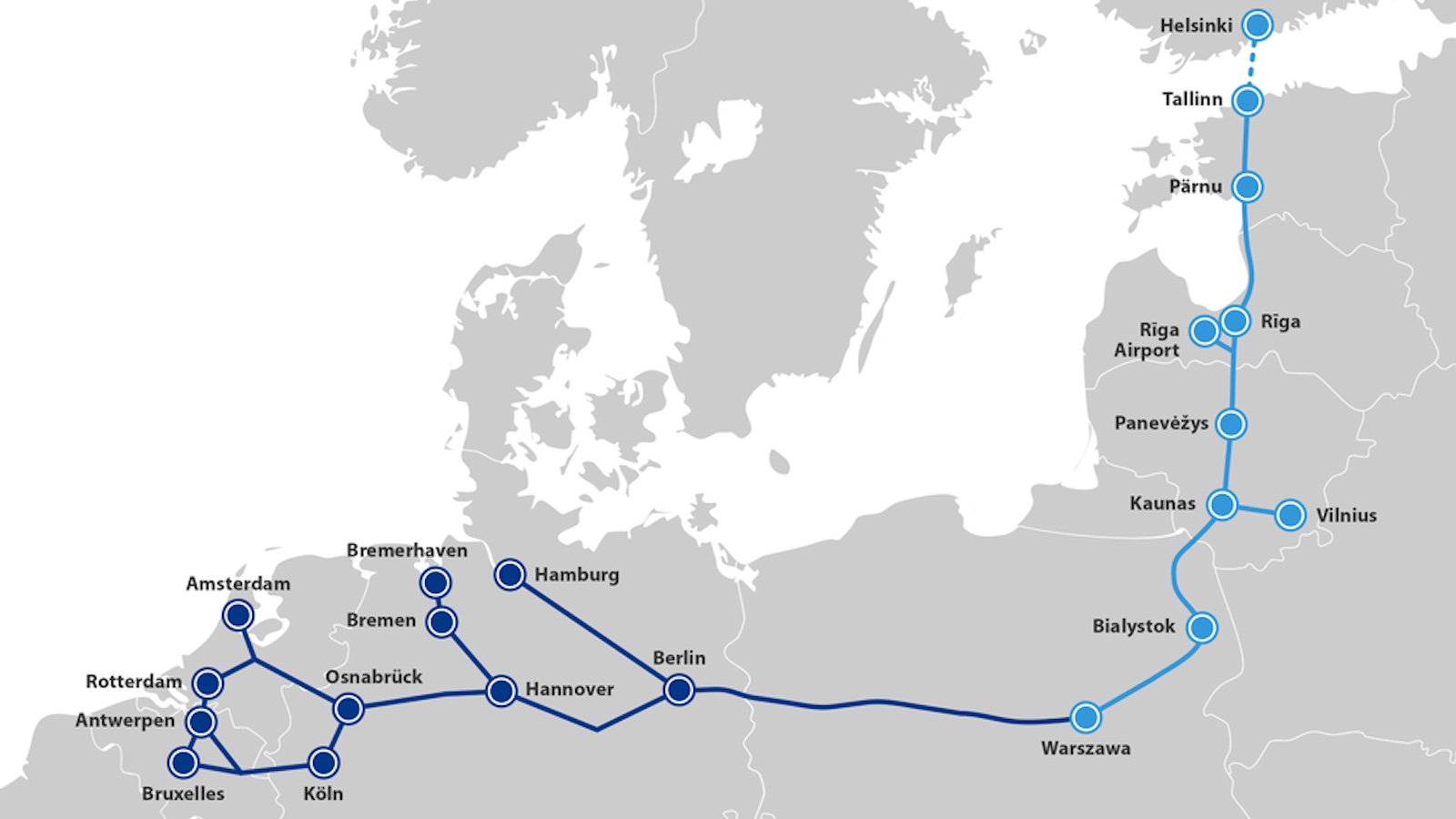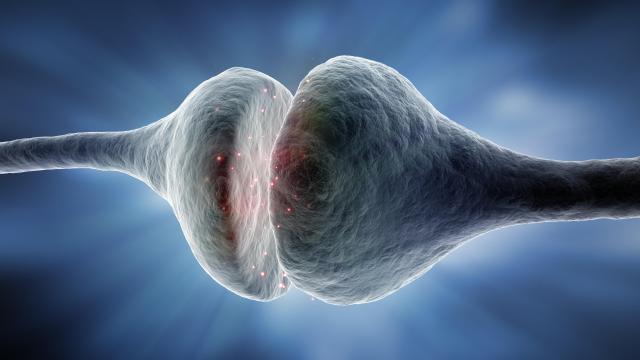Love Hormone Oxytocin Draw Us Together, Keeps Us Apart

What’s the Latest Development?
Through experiments, scientists are coming to a more complex understanding of how oxytocin, a brain chemical commonly referred to as the love hormone, works in long term relationships as well as initial attractions. When men in long term relationships are given doses of oxytocin, they tend to keep a greater physical distance from attractive females than do single men also given the hormone. That added distance keeps them from crossing into the “personal space” of the females. “Moreover, it was not because they did not find her attractive: the monogamous men who received oxytocin rated the woman just as good-looking as the other men did.”
What’s the Big Idea?
Previously, it was thought that oxytocin was more lustful in the way it brought people together, even opposing the sort of social structure that gives rise to long term monogamous relationships. But results of recent experiments show that “oxytocin has a role in maintaining relationships after they are sparked and add to growing evidence for differences in how the hormone acts to modulate social interactions—for example, promoting bonds with familiar people but provoking aggression with strangers.” Psychologist Dirk Scheele said: “It’s not all positive with oxytocin. And what you call prosocial or antisocial depends on your perspective.”
Photo credit: Shutterstock.com
Read it at Scientific American





